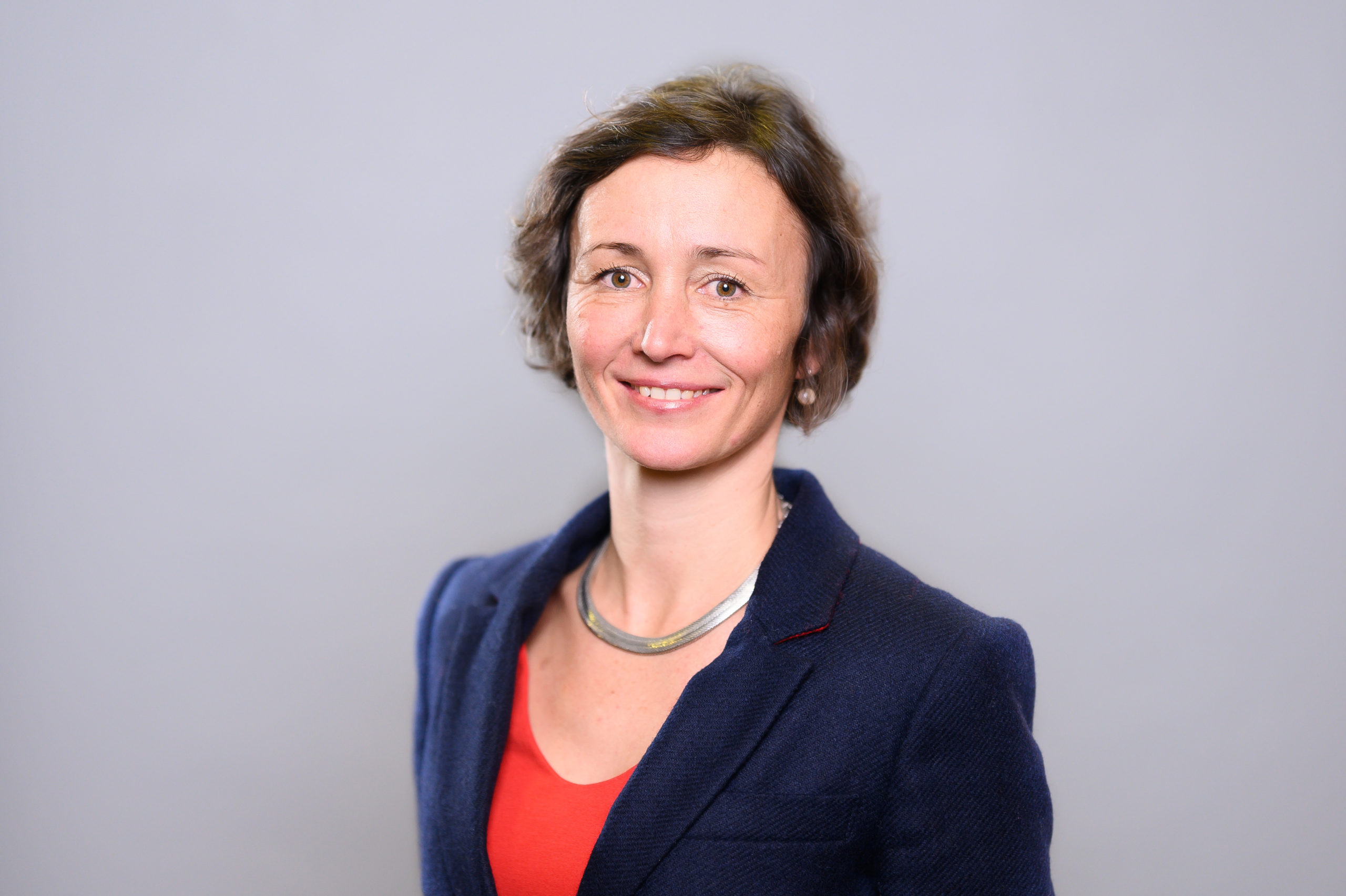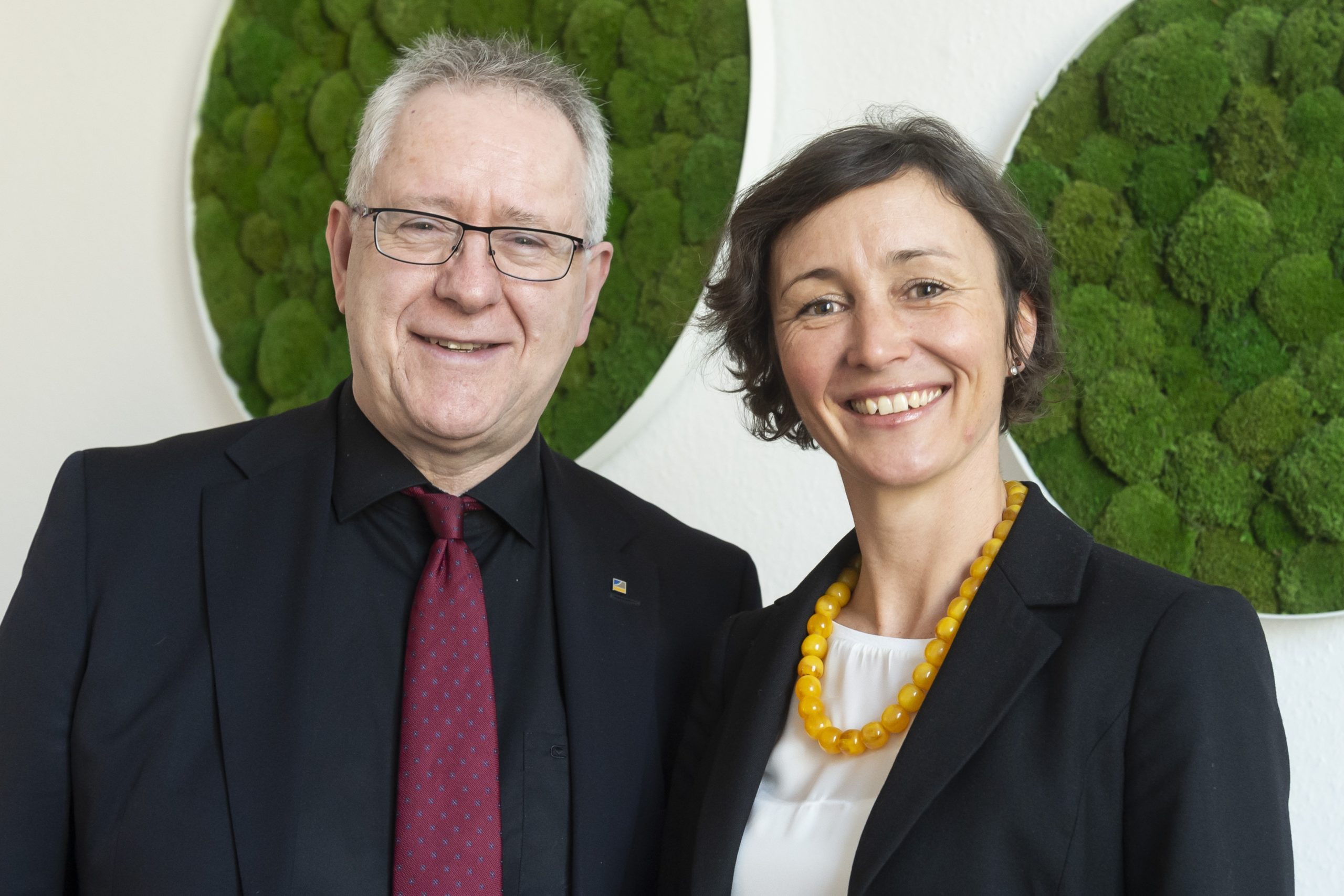
International cooperation for sustainable development is crucial for securing life in dignity for current and future generations. In a globalized world like ours, without such cooperation, it is impossible to strengthen individual and societal freedoms for flourishing, to curb climate change and biodiversity loss, reduce inequalities in income and wealth, end armed conflicts and avoid outbursts of violence, strengthen the rule of law and accountable and effective public institutions, and shape digitalisation.




